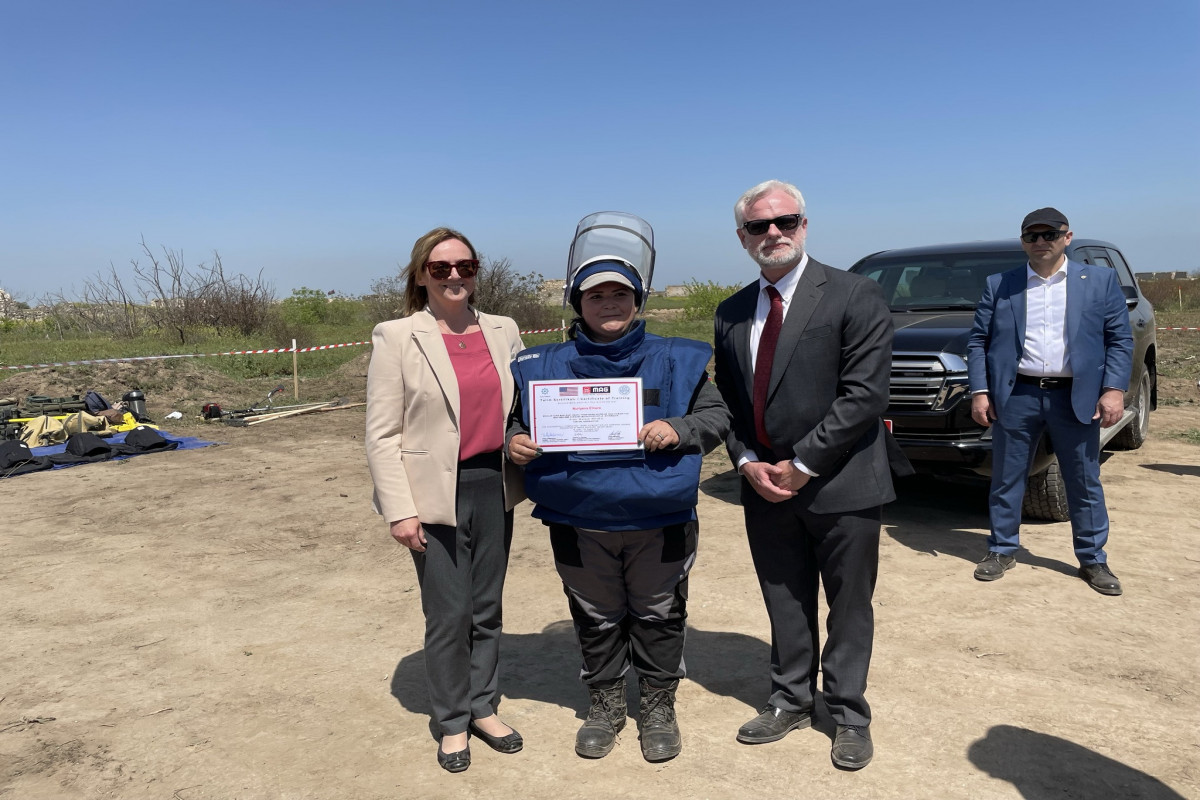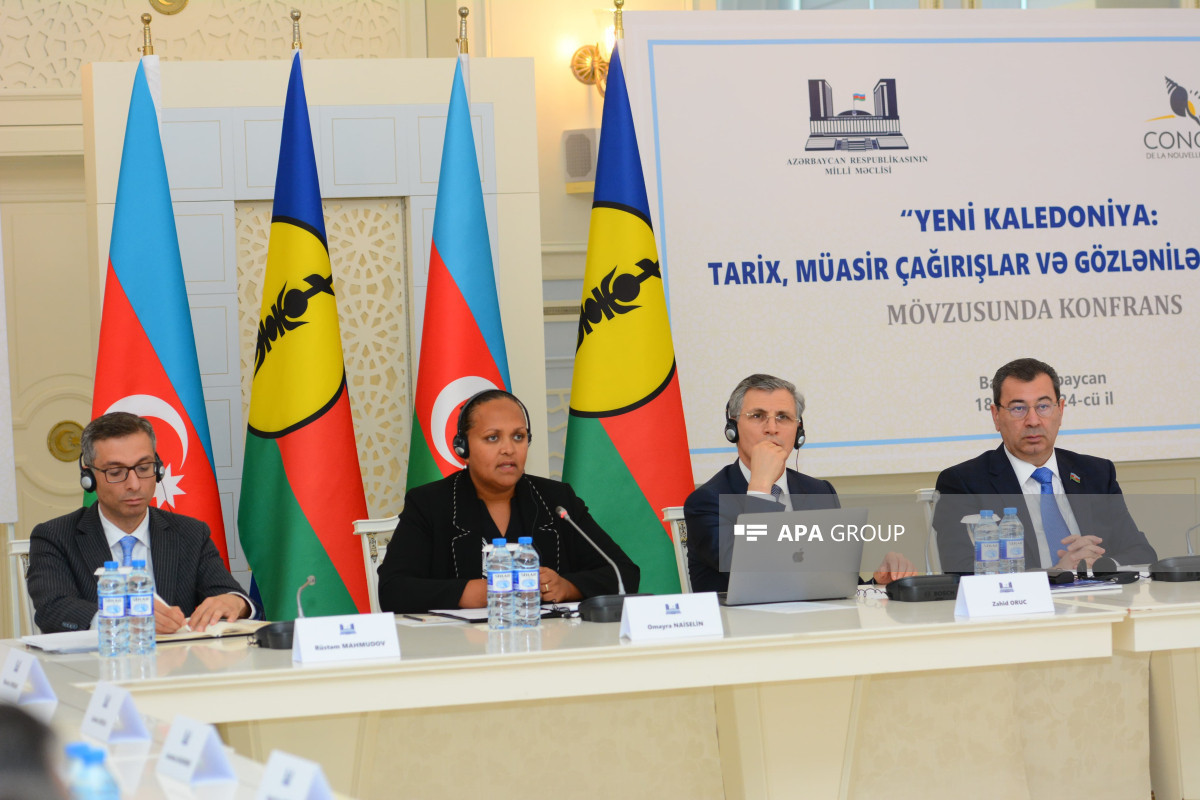Chair of the Milli Majlis Sahiba Gafarova spoke at the European Conference of Presidents of Parliament on ‘The Common Future of all European Citizens’ on 22 October, Press and Public Relations Department of the Milli Majlis told APA.
The president of the Azerbaijani parliament started by saying that the chosen topic of the assembly made it possible to discuss a wide array of matters linked to the common future of Europe.
‘It is well know that seventy-two years ago, the nations of Europe decided to build their Common European Home under the umbrella of the Council of Europe and they declared as they did it that pluralist democracy, supremacy of law and human rights were the bonds to produce a greater unity in Europe in the most efficient way. A lot has come to pass in Europe since then; and yet, those principles that bind the European nations to their common principles under the roof of their common home have not changed,’ Mrs Gafarova was saying.
‘The problems that most of the European countries have since encountered on their respective paths of democratic advance have largely been the internal ones, but the contemporary world has made that problems’ list longer by adding such issues as terrorism, transnational crime and illegal migration to it.
‘The challenges of the modern era show that democratic governance problems can no longer be solved within the paradigm established in the past period. When I say this, I refer to the necessity of formulating a uniform, non-discriminating approach to tackling the security issues that challenge the system of democratic values, especially, countering and eliminating encroachments upon national sovereignty and territorial integrity, also, ethnic separatism and rampant nationalism.
‘I do believe that it is of great importance to bring together the parliaments of the world to develop joint solutions to the international problems and challenges. The inability to develop a joint solution as it was in the case of the failed negotiations in the former conflict between Armenia and Azerbaijan, two members of the Council of Europe, might cause long-lasting conflicts between the states. The international endeavours to achieve a peaceful settlement to the conflict did not come to fruition. One of the reasons why they failed was Armenia’s defiance of the international law’s standards and principles whilst being non-constructive in the negotiating process. The other reason was that the aggressor state was not called ‘the aggressor state’. Indeed, in some instances the invading and the invaded states were juxtaposed; no categorical approach was manifested towards the Armenian state even for its defiance of the international order and not paying whatever attention to the demands of the international community… If no double standards had been applied to resolving the conflict, Azerbaijan would not have enforced the four resolutions of the UN Security Council demanding the liberation of the occupied Azerbaijani lands, also, the relevant documents of the other international organisations, all by itself.
‘Thus, on September 27, 2020, after yet another provocation, the Republic of Azerbaijan exercised its right to self-defence granted by the United Nations Charter and launched a counter-offensive to stop the aggressor and to put an end to the occupation of the Azerbaijani lands. And as a result of the 44-day Patriotic War, we restored international justice and the territorial integrity of Azerbaijan, and a new geopolitical reality has emerged in the South Caucasian region.
‘The Nagorno-Karabakh Conflict does not exist any longer. Armenia must reconcile itself with and accept the new reality, and implement fully the trilateral statement of November 2020 and January 2021 that set the agreed parameters for consolidating peace and security in the region. ‘I do also believe that it is exceptionally important for the future of Europe that this region becomes a place of peace, stability and development,’ said Chair Sahiba Gafarova.
‘We as parliaments need to take action to resolve the challenges that democratic institutions and our political systems are facing. We need to focus on cultural diversity of a vibrant civil society, and common values in a society in which inclusion, tolerance, justice, solidarity and non-discrimination prevail. In a society where people believe that democracy, human rights, gender equality and the rule of law are the best way to achieve sustainable peace and prosperity,’


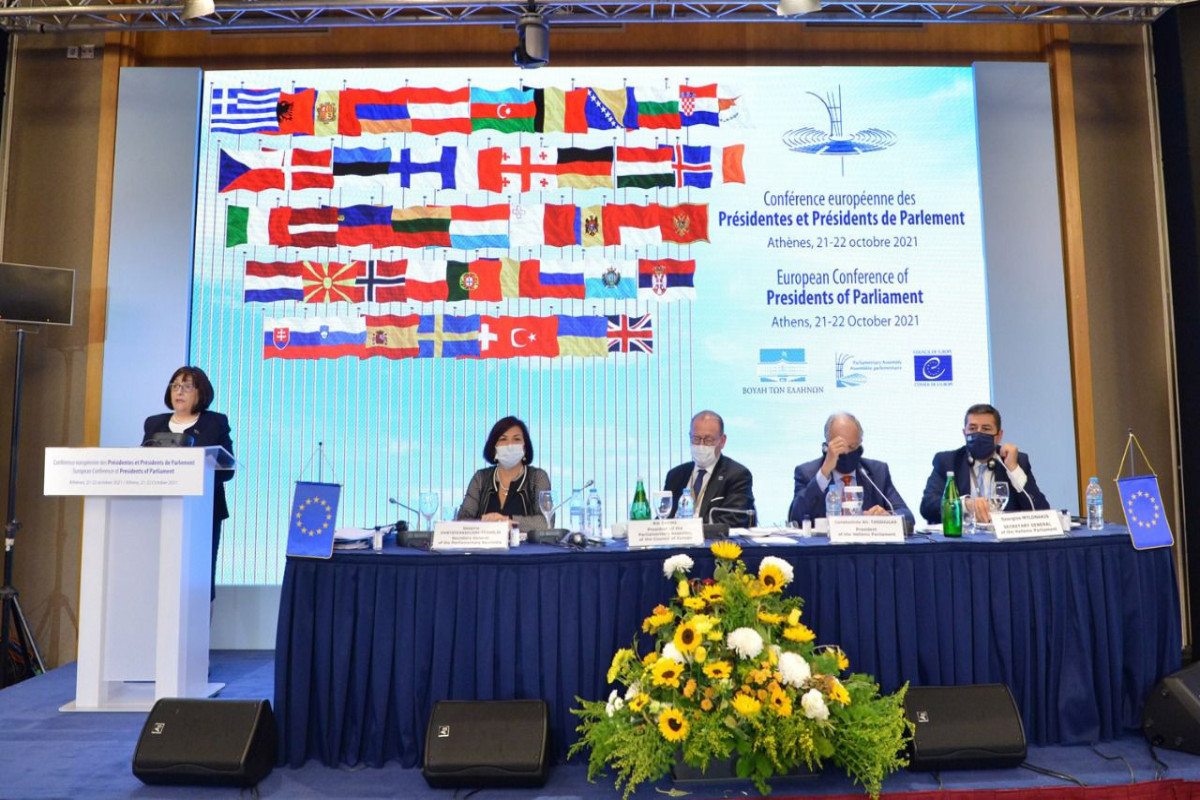
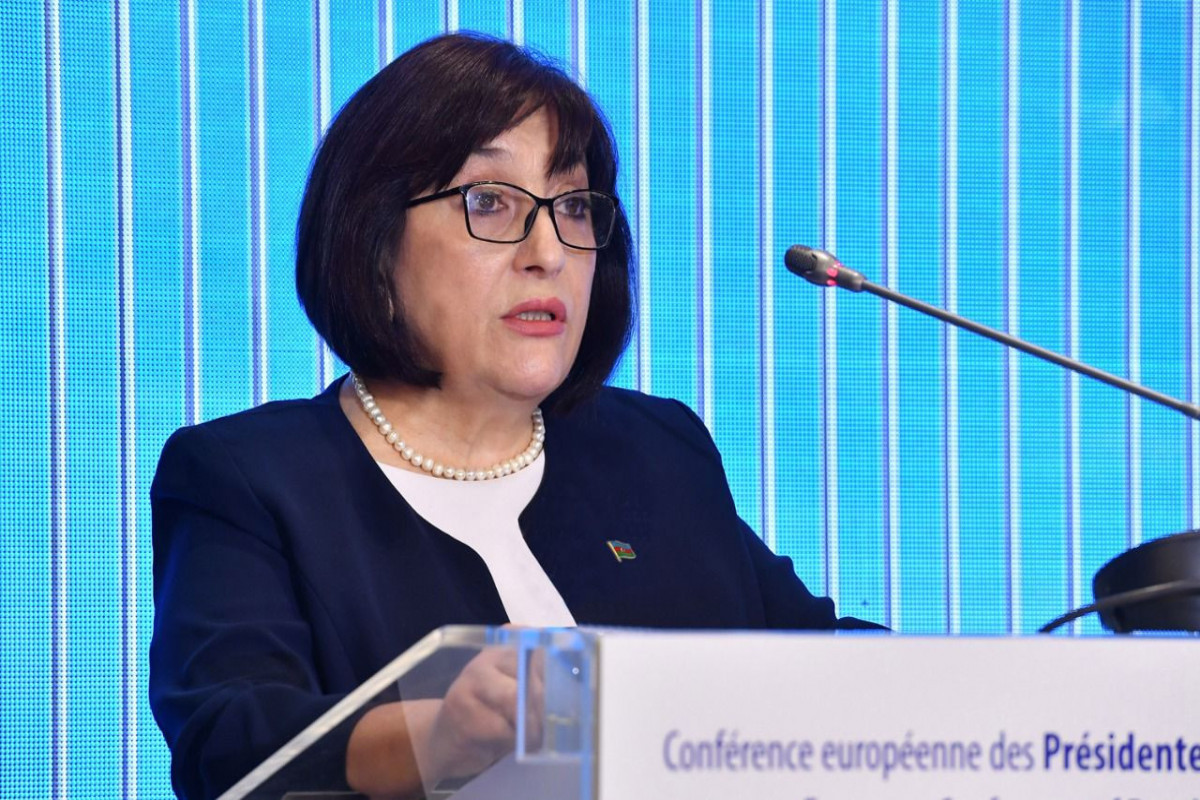
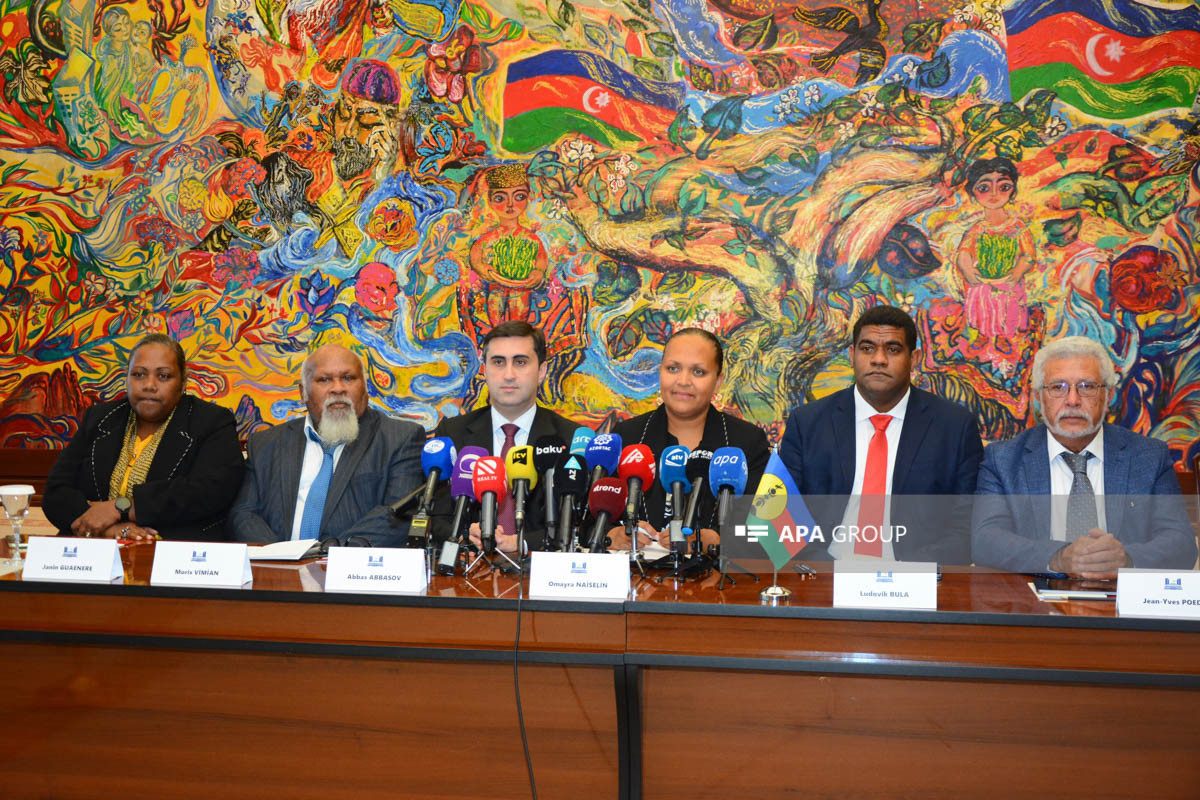
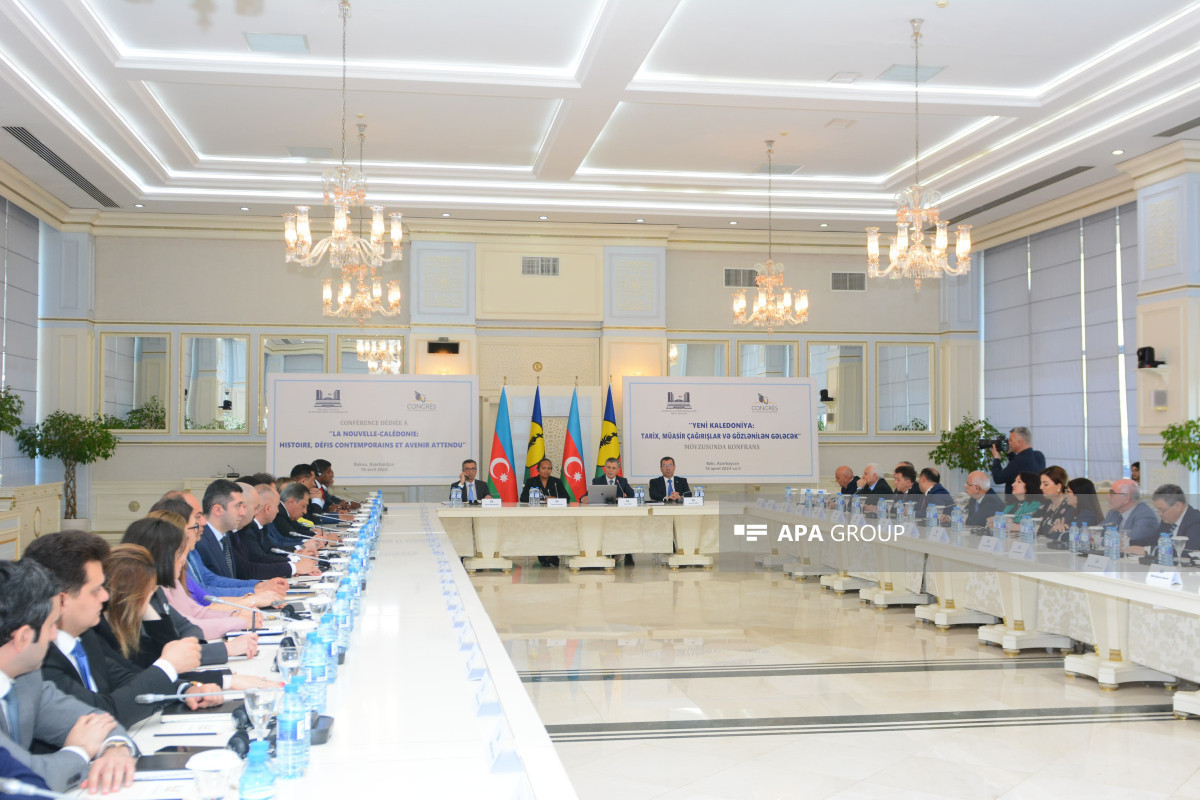 PHOTO'>
PHOTO'>
